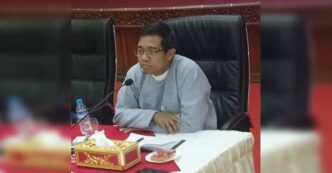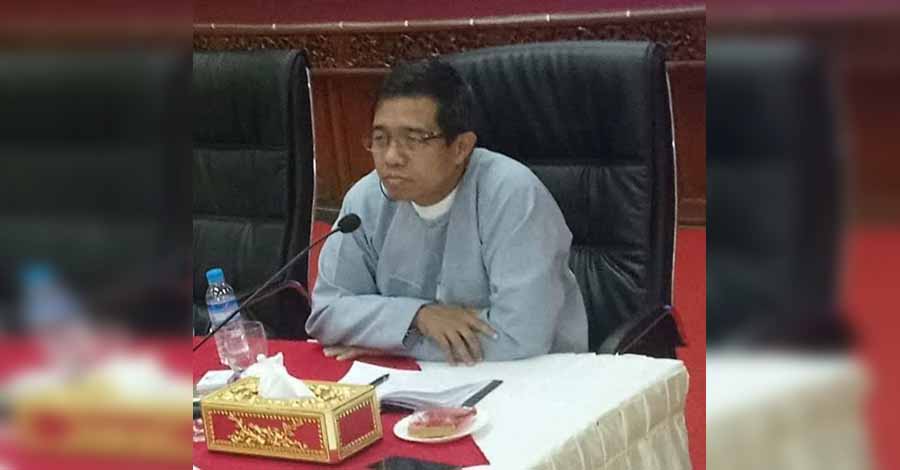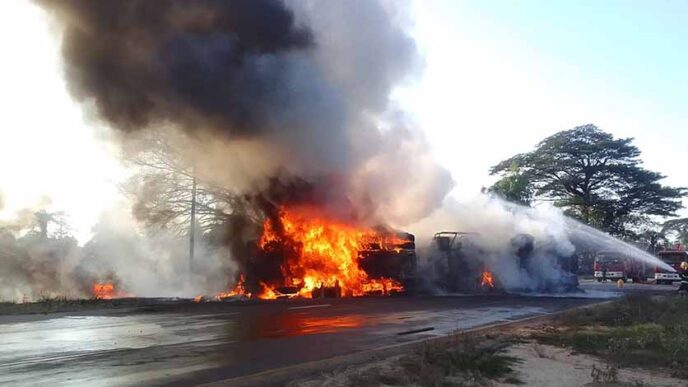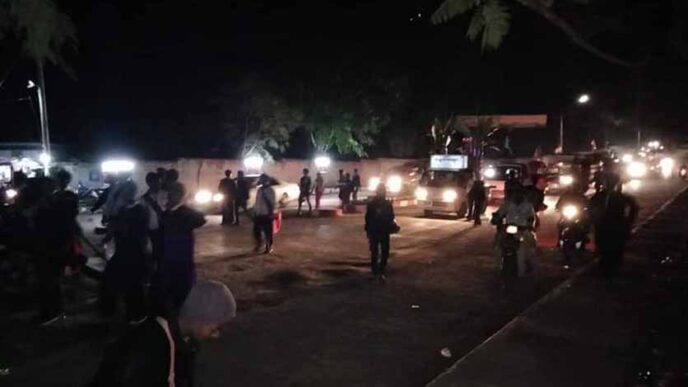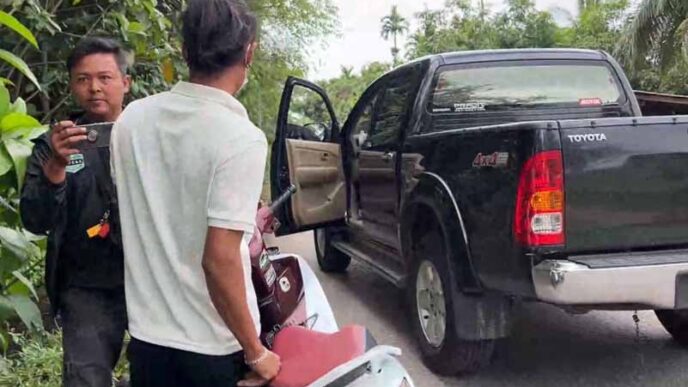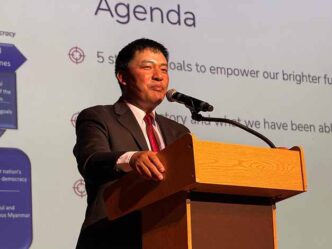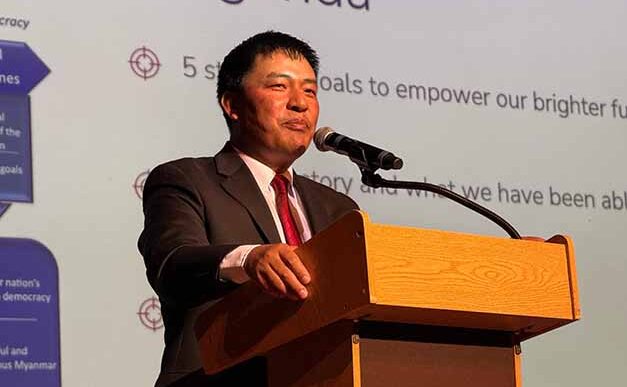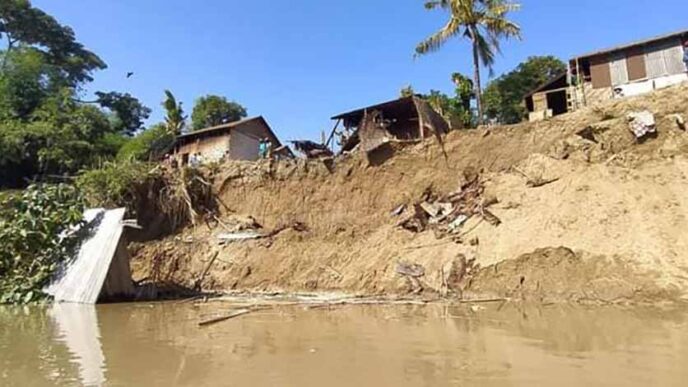Following his imprisonment under the post-coup military regime, U Bobo Young, former Vice Chairman of Myanmar’s Central Bank, has been taken to Mandalay Hospital due to deteriorating health. This article covers his current condition, recent medical treatment, and the broader implications for political prisoners in Myanmar.
1. U Bobo Young’s Health Crisis and Medical Treatment
Hospitalized for Gastrointestinal Issues On November 12, U Bobo Young was transported from Obo Prison to Mandalay Hospital to receive treatment for inflammation in his gastrointestinal tract, a condition that required him to visit the Kidney and Urology Department. According to a source close to the hospital, both police and prison staff accompanied U Bobo Young during his visit, following which he was returned to prison.
Context of U Bobo Young’s Imprisonment Following Myanmar’s military coup on February 1, 2021, U Bobo Young, a prominent economic figure during the NLD administration, was detained and later sentenced to 20 years under Article 55 of the Corruption Law. He had been appointed as the Vice Chairman of Myanmar’s Central Bank in 2017 and served on the Party Economic Committee, lending his expertise in banking to the NLD government.
2. Increasing Health Concerns for Political Prisoners in Myanmar
Other Cases of Health Decline Among Incarcerated Officials Reports indicate that several imprisoned officials and political figures have experienced significant health declines. Notably, former Mandalay Prime Minister Dr. Zaw Myint Maung and ex-Minister of Electricity and Energy U Win Khaing, both serving long-term sentences, died in October while undergoing treatment at Mandalay Hospital. U Xana Ng Aung, the former Minister of Energy and Construction, also recently required medical treatment at the same facility.
Health and Safety in Prisons Under Scrutiny These cases of severe health issues, especially among high-profile detainees, highlight ongoing concerns regarding the conditions within Myanmar’s detention facilities. Advocacy groups and international organizations continue to stress the need for improved medical care and access to timely treatment for all prisoners.
3. Broader Implications of U Bobo Young’s Imprisonment and Health Concerns
Political Repression and the Treatment of Detained Officials The arrest and sentencing of U Bobo Young underscore the military’s crackdown on former NLD officials and allies. This broader trend of detaining, sentencing, and tightly controlling high-profile political figures suggests a strategic move to consolidate control while suppressing the NLD’s influence within Myanmar’s political landscape.
Calls for Improved Prison Conditions and Human Rights Observance The condition of U Bobo Young and the deaths of other detained officials have intensified calls for human rights adherence within Myanmar’s prisons. As public awareness grows regarding the health crises faced by prisoners, the international community continues to advocate for medical access, humane treatment, and improved conditions for all detained political figures in Myanmar.
4. Conclusion: Addressing Urgent Health Needs in Myanmar’s Prisons
The hospitalization of U Bobo Young highlights urgent issues within Myanmar’s prison system, particularly concerning health care access for political prisoners. With rising concerns for detained officials’ well-being, there is an increased need for systemic change in Myanmar’s detention facilities to protect and preserve the lives of all prisoners, regardless of political affiliation.
